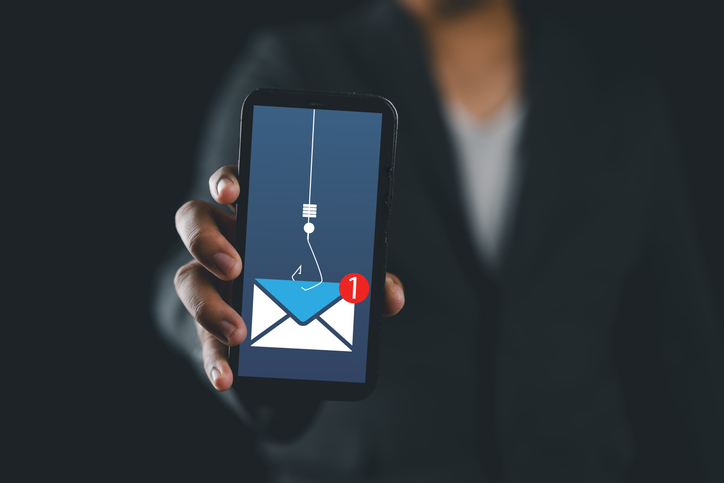Google Takes Legal Action to Shut Down Massive Phishing-Kit Operation – A Wake-Up Call for All Small Businesses
Cyber-threats continue to evolve, and recently Google launched a major legal action against the group behind a prolific phishing-kit operation. This development is significant not only for tech giants but for anyone managing web platforms, email campaigns, or user-rich ecosystems. Let’s break down what happened—and what it means for your business operations.
According to the SecurityWeek article, Google filed a lawsuit against a Chinese cyber-criminal enterprise known as the “Smishing Triad” for operating a phishing-as-a-service kit named “Lighthouse”.
Here are some of the key details:
-
The Smishing Triad group has been active since at least 2023, pushing SMS-based phishing (aka “smishing”) campaigns globally. SecurityWeek
-
Their kit, Lighthouse, helped deploy phishing sites in large numbers: over 194,000 malicious domains identified. SecurityWeek
-
Victims spanned 120+ countries, and in the U.S. alone the estimated number of stolen credit-cards ran into the tens of millions. SecurityWeek
-
Google is suing under multiple legal statutes (e.g., RICO, Lanham Act, CFAA) in order to seize domains, compel hosting and registrar cooperation, and dismantle the infrastructure. SecurityWeek
Why this matters for all small businesses and tax & accounting professionals:
-
Phishing risk is real and massive. Even large companies with huge security budgets are being targeted. If you’re managing web platforms, subscription services, membership systems, or email workflows, you’re also in the cross-hairs—either as a target or as a vector.
-
Domain & inbox reputation matters. The operation hinged on registering many malicious domains and impersonating trusted services via SMS and email. If your domain, brand or email list gets spoofed, your deliverability and trust take a hit.
-
Platform trust = user trust. A phishing campaign that impersonates you or your service erodes confidence. So proactive monitoring, domain-alias policies, user education and threat-intelligence awareness are critical.
-
Legal/leverage dimension is increasing. Google’s lawsuit shows that platform providers are now using the courts to go after criminals—meaning you may have new allies (and new required vigilance) in the fight against abuse.
-
Stay ahead of phishing kit-as-a-service. The Lighthouse case is an example of how phishing is being packaged and sold—it’s not just script kiddies any more. This means attacker sophistication is increasing, so your defenses must too.
Practical take-aways for your website/email operations:
-
Review your domain registration and alias policies. Are domains impersonating your brand, or close look-alikes, being monitored?
-
Enhance email authentication: make sure DKIM, SPF, DMARC are properly set up and enforced.
-
Implement user education: warn your users about smishing, phishing links via SMS/email, and the risks of clicking unknown domains.
-
Monitor inbound reports of phishing attempts impersonating you. Set up alerting for domains that mimic your brand.
-
Ensure your platform’s security footprint is minimized: pay attention to how login flows, password resets, and notifications are handled.
-
If you use platform-integrated email services (e.g., via WispBuilder), ensure you’re sending through trusted infrastructure and your feedback loops are analysed for abuse/spoofing.








